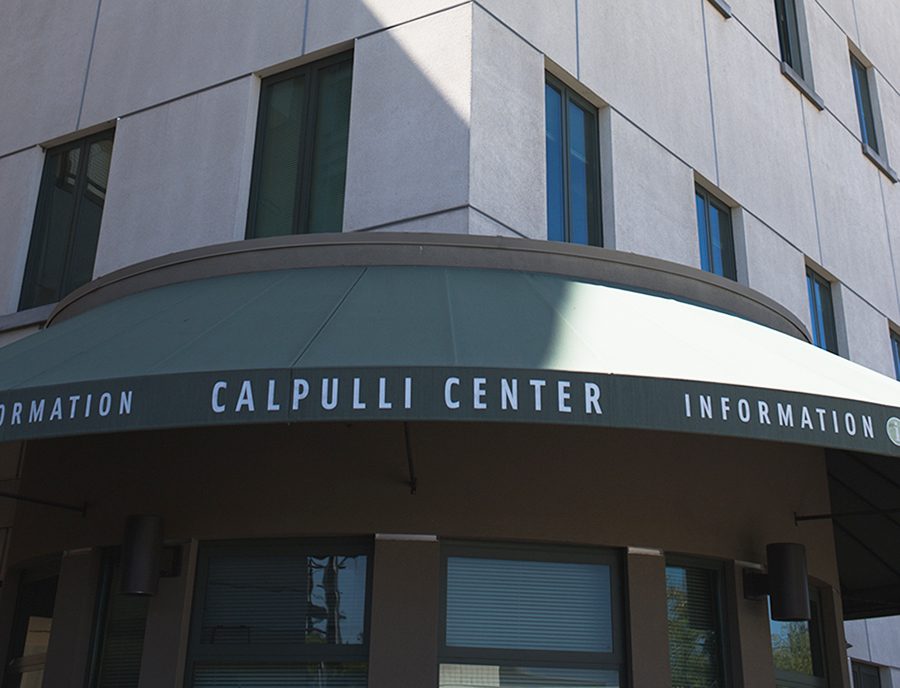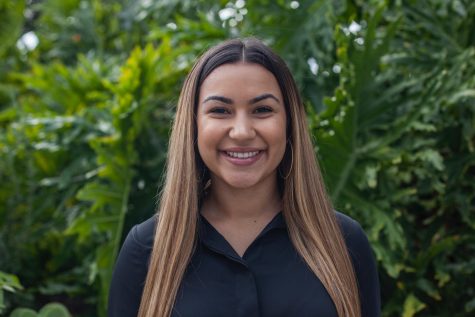For the first time, San Diego State Student Health Services can prescribe a pre-exposure prophylaxis and gender-affirming therapy to patients.
Truvada for pre-exposure prophylaxis is medication that, along with the practice of safe sex, lowers the chance of high-risk individuals contracting HIV.
SDSU Student Health Services Director Cynthia Cornelius said students can get a 90-day supply of the medication at each visit every three months. She said students are told of side effects while they are on PrEP and are recommended to get HIV tested every three months.
Cornelius said the medication is generally well tolerated and side effects are mild and usually go away after a few weeks of taking it.
SDSU physician Dr. Lee Wessel said gender affirming therapy supports transgender persons in bringing their bodies into alignment with their gender identity.
In addition to hormonal therapy, we provide prescription medication for gender affirming therapy, said Wessel.
“For instance, spironolactone which is a diuretic is used to help block the effects of testosterone in transgender women, making the estrogen they take more effective,” said Wessel.
Cornelius said her staff looks for health issues that would preclude patients from taking the medication. When someone decides to take it, they are given a consent form to sign which goes through consequences of taking the hormone-related therapies.
“It is important to let people know how long it takes to get those benefits so they are not disappointed,” Cornelius said. “It could take three months to a couple years depending on which benefit the patient is wanting.”
Cornelius said her staff has been trained by SafeZones@SDSU to care for students who are seeking treatment.
“We are an open and accepting community and we want Student Health Services to have something to offer every student on campus,” Cornelius said.
The Pride Center Coordinator Christopher Lujan said because the LGBT+ community is a marginalized group that suffers from oppression, sometimes it is hard for LGBT+ students to go into health services and counseling and psychological services. He said the treatments and trainings are a step towards making SDSU more inclusive community.
The SafeZones certification lets them know they can be open about who they are and know that they wouldn’t be put in a situation that is unsafe for them, Lujan said.
“It holds true to our top 30 distinguishing title and is amazing that our health services department is doing so much to engage and connect with the LGBTQ community and that they have taken the steps to build knowledge around it,” he said.
Lujan said there is a lot of excitement coming from students when they talk about PrEp and gender affirming therapy being available on campus.
A student, who will not be identified due to the sensitivity of the topic, said he is receiving PrEP at SDSU Health Services and is having a great experience.
“One thing I would say was unique about my experience was everything was conveniently located in one building on campus,” he said. “My testing, counseling, and all other appointments were all within minutes of each other.”
Pride Center Assistant Alexander Ramirez said he helped a nervous student call and make an appointment for gender affirming therapy. He said the process is much easier than it would be outside of campus.
“Student Health Services was extremely friendly and helpful,” he said. “They really understood the student and went with the conversation as normally as possible.”
Cornelius said Health Promotions helps patients with the patient assistance program if their insurance doesn’t cover the medication or if they have a large program.
“Trivada is very expensive, if you are paying out of pocket it is about $800 a month,” she said. “It is covered by most insurances but we also did research on what patient assistance programs students can utilize when a student doesn’t have insurance.”
Wessel said since gender affirming therapy at Student Health Services is hormonal therapy and not surgeries or procedures, the prescriptions are fairly inexpensive at the Calpulli Center pharmacy. He said they range anywhere from $10 to $25 per month.
“We did a lot of work to prepare for this so I want as many people as possible to benefit from the labor,” Cornelius said. “It was a labor of love.”









